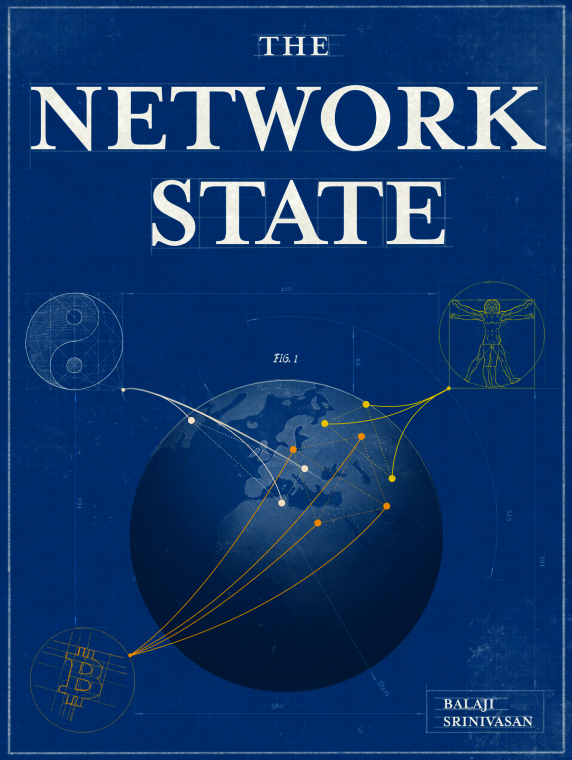Network State Initiative Secures Initial 50,000 Citizens and Global Enclaves

Balaji Srinivasan, the prominent tech entrepreneur and author of "The Network State," recently unveiled a significant advancement in his vision for decentralized governance, cryptically announcing, "> Here’s what the sounds meant." This tweet, accompanied by a link, marked a pivotal moment for his ambitious project, signaling a tangible step toward the formation of digitally native, voluntarily governed communities with physical footprints worldwide.
The announcement elaborates on Srinivasan's long-held belief that technology can enable "exit" from traditional nation-states, fostering new forms of collective action and sovereignty. His concept of a "network state" involves highly aligned online communities that crowdfund territory and eventually seek diplomatic recognition. This latest development suggests the successful aggregation of a substantial number of committed individuals ready to translate digital alignment into real-world presence.
Sources familiar with Srinivasan's work indicate that "the sounds" likely referred to the culmination of a multi-year effort to integrate advanced decentralized technologies, including AI and blockchain, into a platform facilitating community formation and resource pooling. This platform is understood to streamline the process of acquiring and managing distributed physical enclaves, allowing citizens of a nascent network state to reside across various global locations while remaining unified by shared values and digital infrastructure.
The initiative has reportedly attracted an initial cohort of 50,000 global citizens, a critical mass that demonstrates the growing appeal of alternative governance models. These early adopters are expected to form the foundational population for these new digital-physical entities, leveraging pseudonymous identities and digital property rights to build resilient and self-organizing communities. This development challenges the traditional notion of fixed geographical nation-states and highlights the increasing fluidity of identity and allegiance in the digital age.
While the path to full diplomatic recognition remains complex, the securing of physical enclaves and the mobilization of a substantial citizen base represent a significant milestone. This move is anticipated to spark further discussion on regulatory frameworks for such entities and their potential impact on global geopolitics, as technology continues to reshape societal structures and redefine the boundaries of collective human organization.